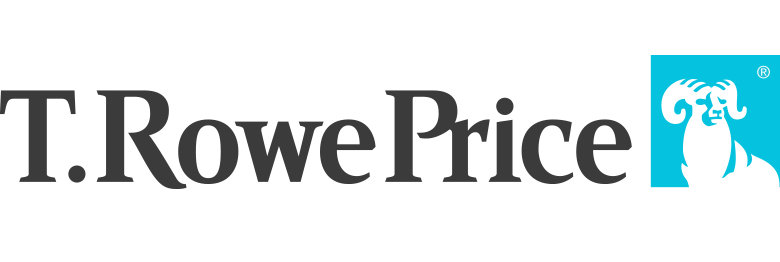
Wells Fargo downgraded T. Rowe Price Group, Inc. (NASDAQ:TROW) to Equal-Weight from Overweight.
Despite a year-to-date price decrease of -3.85%, T. Rowe Price’s focus on dividends remains strong.
The company’s stock volatility and market capitalization of approximately $23.17 billion highlight its significant presence on the NASDAQ exchange.
Wells Fargo recently adjusted its rating on T. Rowe Price Group, Inc. (NASDAQ:TROW), moving it to Equal-Weight from Overweight. This change, announced on September 11, 2024, reflects a shift in Wells Fargo’s view of the company’s stock potential. T. Rowe Price, based in Baltimore, operates within the finance sector and is known for its focus on dividends, which are crucial for income investors seeking reliable cash flow from their investments.
At the time of the rating update, TROW was trading at $104.11. This price point is significant, considering the company’s performance and its appeal as a top dividend stock. Despite a year-to-date price decrease of -3.85%, T. Rowe Price’s commitment to dividends remains a strong aspect of its investment appeal. Dividends are important because they represent a share of the company’s earnings distributed to shareholders, and studies have shown they contribute significantly to total returns.
The company’s stock has seen fluctuations, with a trading range between $101.36 and $104.26 on the day of the announcement. Over the past year, TROW’s shares have experienced highs and lows, reaching up to $122.27 and dipping to $87.43, respectively. This volatility highlights the dynamic nature of T. Rowe Price’s stock and the broader market’s response to its financial health and dividend strategy.
T. Rowe Price’s market capitalization, standing at approximately $23.17 billion, along with a trading volume of 1,264,244 shares, underscores its substantial presence on the NASDAQ exchange. The company’s focus on dividends, despite the recent price changes, positions it as a noteworthy option for investors looking to generate steady income. This approach to income investing, supported by the company’s financial metrics, aligns with the interests of those prioritizing consistent returns over speculative gains.

